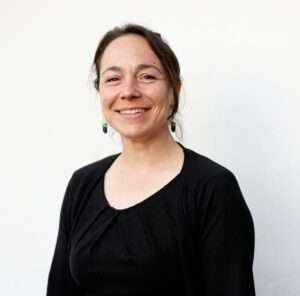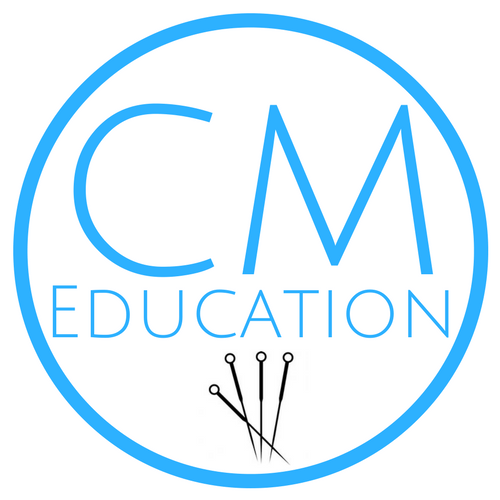The Menopause Mix: Exploring the Intersection of Sex, Drugs, and Aging Webinar Recording
Course Overview
Menopause is associated with a wide range of uncomfortable physical and psychological symptoms. According to the British Menopause Society, the average duration of symptoms is seven years [1].
Hot flushes and night sweats (‘vasomotor symptoms or VMS’) affect approximately 70% of women in Western cultures. VMS are one of the best-studied areas of acupuncture for menopause. Studies found that acupuncture reduced hot flushes by 50% for a period of six months [2].
Currently, the most common treatment is menopause hormone therapy (MHT) formerly hormone replacement therapy (HRT). However, many women are reluctant to use this medication and are seeking alternatives. Acupuncture is an excellent option and can also act as an effective complementary therapy for those already taking MHT or other medicines.
Despite its far-reaching benefits, there are few acupuncture-trained clinicians specialising in this bourgeoning field of women’s health. This presentation aims to raise awareness and provide an overview of how acupuncture can help to ease the discomfort that millions of women suffer from each year.
By understanding the pathophysiology of the menopause transition, practitioners will be better informed about how to approach the clinical treatment of menopausal women.
[1] Hillard T, Abernathy K, Hamoda H, et al. British Menopause Society Management of the Menopause Sixth Edition 2017.
[2] Alfhaily F, Ewies AAA. Acupuncture in managing menopausal symptoms: hope or mirage?. Climacteric. 2007; 10(5): p. 371-380.
Learning Outcomes
| Theoretical Learning Outcomes | · The definition of menopause
· How the woman of today is different to 30 years ago · The “Grandmother hypothesis” and how it applies to menopause |
| Skills to be communicated | · Increased understanding of female reproductive hormones
· An overview of common vasomotor symptoms: hot flushes and night sweats |
| Information on practical application of information
|
· How to treat menopausal night sweats and hot flushes with:
1. MHT and bioidentical hormones 2. Supplements 3. Acupuncture |
| Areas of further learning which may be of benefit | · Evidence based acupuncture protocol for the treatment of menopausal hot flushes and night sweats
· An evidence summary of research in the treatment of common menopausal symptoms with acupuncture |
| Summary of key points with emphasis on clinical application
|
· Menopause is due to fluctuations in hormones over a ten-year period of time
· Acupuncture can alleviate the symptoms of menopause · Acupuncture protocols for the treatment of hot flushes and night sweats |
About Katherine Berry (BHSc, MSc)

Katherine (Kath) Berry, BHSc, MSc, is an acupuncturist, author and educator with over 25 years of clinical experience. Having commenced a Bachelor’s degree in TCM in Australia in 1995, after graduating in 2000, Kath spent time working in several hospitals in China. She returned to Australia and completed a Master of Science Research degree (MSc) in addiction medicine, in 2006. Kath moved to London in 2009 and later to Ibiza in Spain in 2015 where she set up a women’s health practice. She concurrently founded the Treating Women Academy (TreatingWomen.com) which hosts online courses for health professionals. In 2018 she launched a Menopause Masterclass with ten international traditional Chinese and East Asian medicine (TCEAM) experts. Together with a team of clinicians and researchers, they distilled this information into a new medical textbook ‘Menopause: A Comprehensive Guide for Practitioners” available in eBook and hardcopy via the ChinaBooks Australia.
About Natalie Chandra Saunders (BA(Hons), LicAc)

Natalie Chandra Saunders is a writer, translator, and educator specialising in acupuncture and East Asian medicine. She began her career in healthcare as a pharmacy technician and gained a solid understanding of biomedicine before graduating from the College of Traditional Acupuncture in 2007. In 2012, Natalie won a scholarship to study TCM at Heilongjiang University of Chinese Medicine in Harbin, China. She fell in love with Chinese culture, and in 2014, returned to the country for two more years. During this period she discovered her passion for writing and completed her first book, The Qi of Tea. On returning to the UK, she began working closely with Katherine Berry, and Menopause: A Comprehensive Guide for Practitioners was born. Natalie has a special interest in menopause and healthy ageing. She currently lives in rural Wales, where she works as a freelance writer and menopause coach.
What You Get After You Complete The Course
- Notes to keep
- 2.5 CPD Points
- CPD Certificate
- 5 year access
- Unlimited revisions during access period
